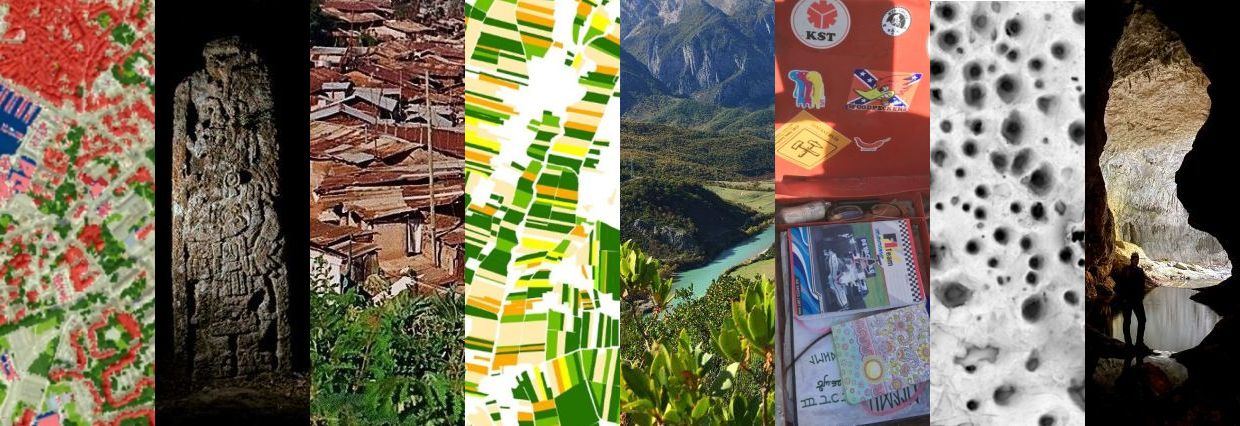Anthropological and Spatial Studies
Principal Investigator at ZRC SAZU
Ivan Šprajc, PhD-
Original Title
Antropološke in prostorske raziskave
Project Team
Borut Telban, PhD, Tatjana Veljanovski, PhD, Nataša Gregorič Bon, PhD, Maja Petrović-Šteger, PhD, Aleš Marsetič, PhD, Ana Jelnikar, PhD, Urša Kanjir, PhD, Nastja Slavec, Peter Pehani, Melita Robič-
ARIS Project ID
P6-0079
-
Duration
1 January 2022–31 December 2027 -
Link to SICRIS
19005 -
Programme Leader
-
Financial Source
Slovenian Research Agency


The central aim of the research program is the study of humans as social and cultural beings in different times and geographical regions. With the use of processual and comparative analyses we study different present and past societies not as isolated, static and traditional units but as parts of a wider social, political and cultural environment in a continuous change. We seek to develop and apply new methodologies, reflect on current social theories and base our interpretations on the material collected during our own field studies, i. e. on the reliable and qualitatively new data. The emphasis is on detailed studies of geographically limited areas in different parts of the world, which then serve as a basis for further elaboration, comparative analyses, theoretical generalisation and incorporation of results in both Slovenian and global context.
The research program is adjusted to the interests of individual investigators and their particular specializations, and relies on their previous internationally recognized results in different fields. Specifically, we are focused on archaeological and archaeoastronomical research in Mesoamerica, on social and cultural anthropological studies in Papua New Guinea, Albania, Burkina Faso, Serbia and Slovenia, and on the development of Geographic Information Systems (GIS) and remote sensing techniques, which we apply in our own interdisciplinary studies and within our participation in international projects. We try to relate theory with practice, based on fieldwork, into an argumentative whole, and strive towards continuous critical reflection on basic analytical categories and epistemological assumptions. From this perspective the multiplicity of research themes within the program has a particular advantage and can be theoretically and practically justified. Individual researchers, regardless of their different thematic orientations, are interrelated through their interdisciplinary (and even multidisciplinary) approach, as the activity of every researcher transcends the narrow margins of a single scientific field.

Figure: Archaeological site Uitzilná, Southeastern Campeche, Mexico - digital surface model of Main complex, detail. More ...